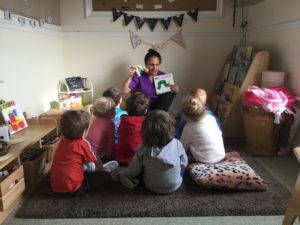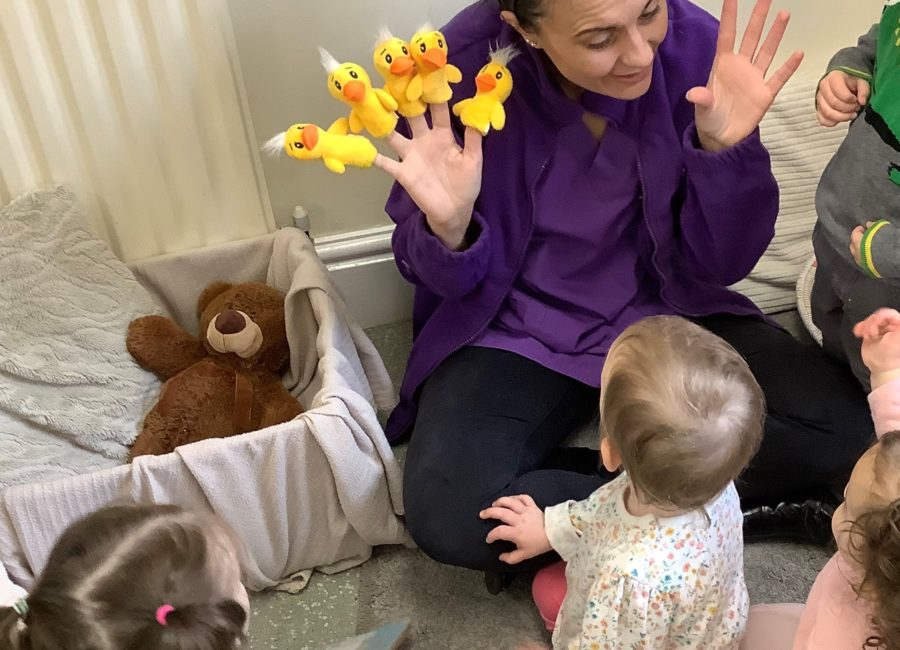Listening and Attention
It is essential for a child to master attention and listening skills in order to learn new skills. Attention is linked to concentration and so is an important component in listening. Attention and listening are skills that develop gradually and are important to talk and understand language.
The term receptive language is often used to describe how much a child recognises and understands words and phrases. It is receptive language that develops first, meaning that a young child can understand far more that they can say.
Supporting listening and attention
- Think about how noisy your home environment is. Background noise such as music or a TV playing or areas where there are many voices will make it harder for your child to concentrate.
- Create quiet, calm spaces at home, with minimum clutter, as too many toys can make it harder for children to focus.
- Consider whether your expectations are developmentally appropriate; young children may find it hard to concentrate on an activity for long periods of time.
- Say your child’s name, gain eye contact and get down to their level before giving them an instruction or telling them something.
- Use plenty of gestures and facial expressions when talking to your children as these will help them understand what you are saying.
- Give your child plenty of time to process what you have said before saying something else or asking them again the same question.
- Repetition when talking helps children to process the repeated words for meaning. Look out for songs with action which have repeated phrases such as ‘The wheels on the bus.’
- Play ‘ready steady go’ games such as rolling a ball or knocking down a tower as the anticipation before the action may help to increase a child’s attention span.
Most importantly have lots of fun.


